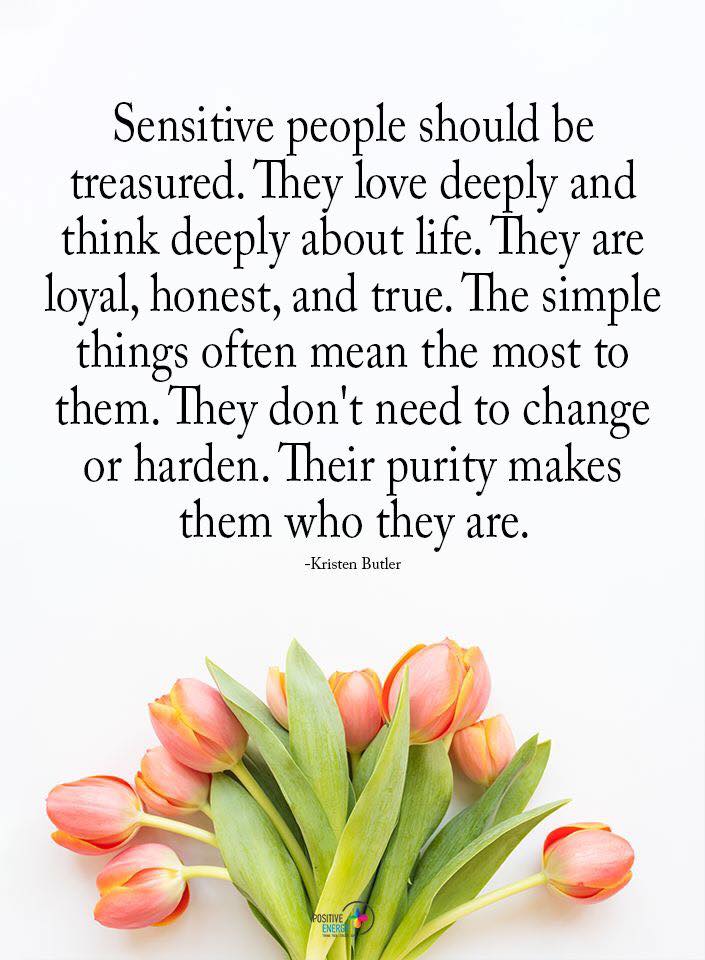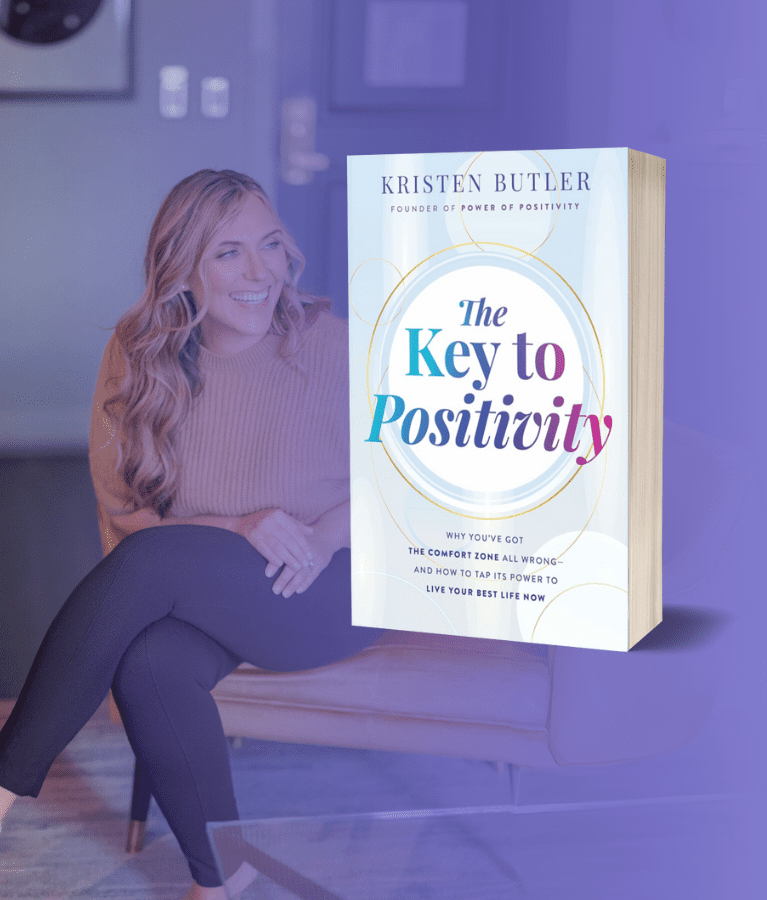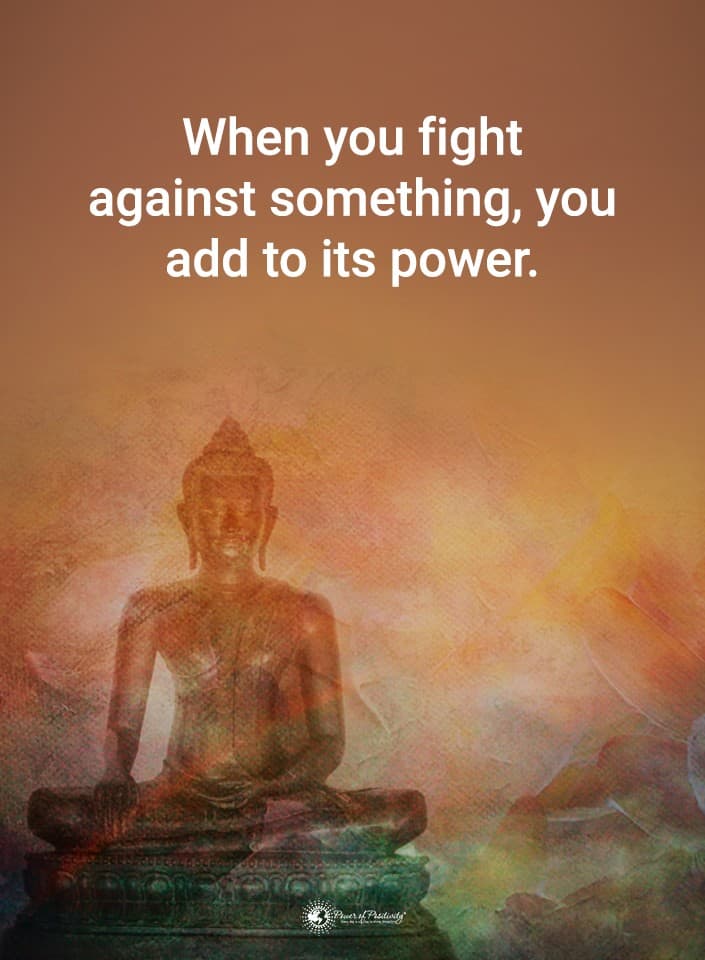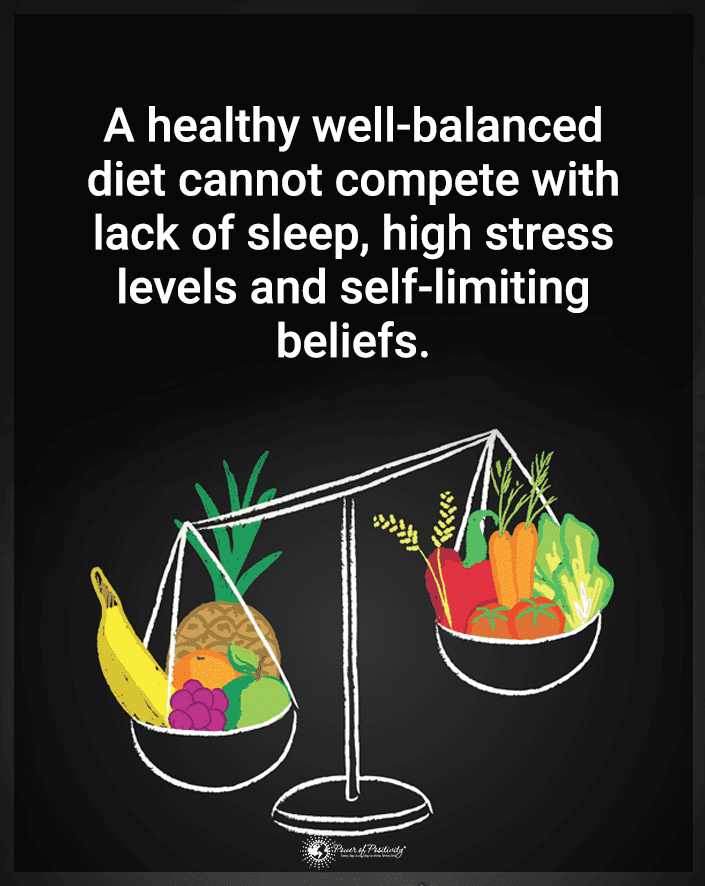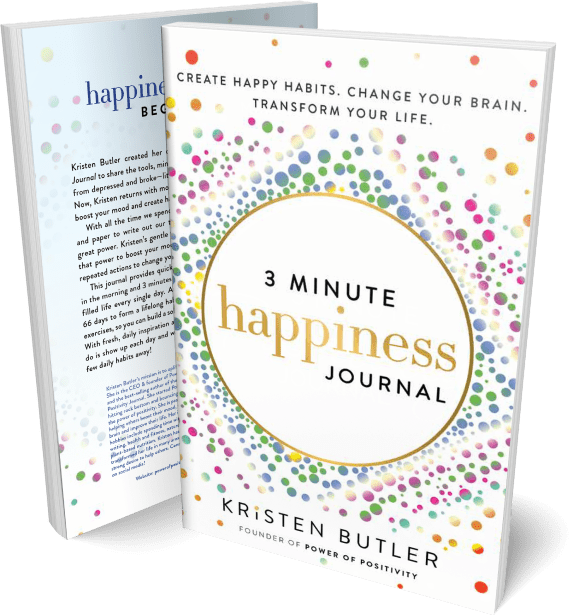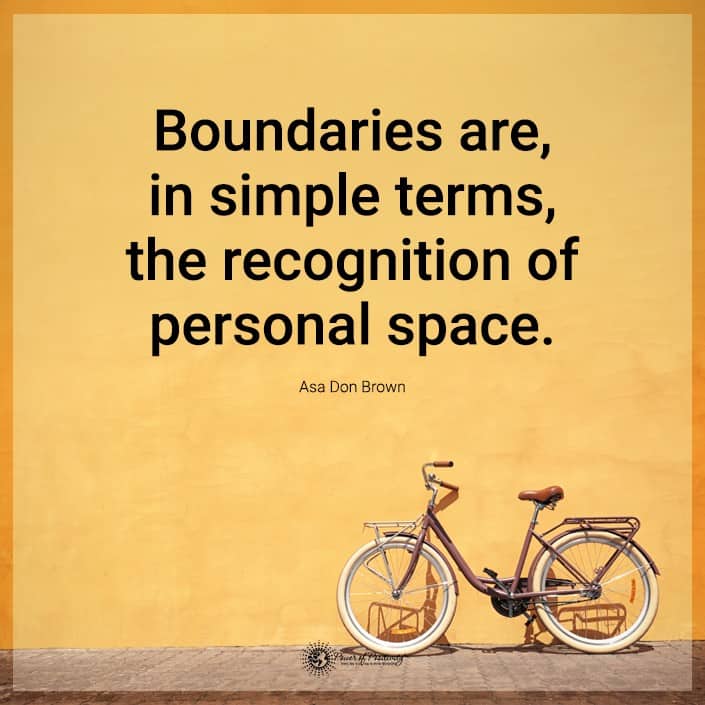Here are the words that reveal the depth of a woman’s feelings.
In the intricate ballet of romantic relationships, the words we choose to express our feelings play a pivotal role. They are the threads that weave the tapestry of connection and intimacy. When it comes to understanding how women convey their care and affection, the subtle nuances in their language often hold the deepest meanings.
Words can join hearts, heal, strengthen bonds, and convey the depths of one’s emotions. Recognizing and understanding these expressions can transform the dynamics of a relationship, bringing partners closer and deepening their understanding of each other. Let’s embark on this journey to explore these phrases and unravel the emotional richness behind them.
Emotional Expressions in the Words of a Woman
Women, often celebrated for their emotional intelligence and expressive nature, have a unique way of communicating their feelings, especially in romantic settings. The way a woman uses language to express her care is not just about the words she chooses; it’s about the emotion, sincerity, and depth accompanying those words. Understanding these emotional expressions is key to comprehending the depth of her care and affection.
Emotional expression in a woman’s language can be multifaceted. It may involve words of encouragement, empathy, affection, and vulnerability. These expressions are more than just verbal communication; they reflect her inner emotional world. They offer a glimpse into her feelings, desires, and commitment to the relationship.
A woman’s emotional language is often characterized by its nurturing and empathetic nature. When she speaks words of care, they are often laden with an underlying desire to support, comfort, and connect with her partner. These words are about expressing feelings and building an emotional bridge between her and her partner.
Moreover, the context in which a woman expresses these phrases is as important as the phrases themselves. The tone, the timing, and the situation all add layers of meaning to her words. A phrase spoken in a moment of quiet intimacy may carry a different weight than one spoken in a different setting.
NOTE: If you want to know more about the expressions of who a man cares, check out our companion article.

Twenty Expressions That Show a Woman Really Cares
These sayings are not just words. Rather, they are the vehicles of her emotional intent, her way of showing that she truly cares. Stay tuned as we explore these phrases and their profound meanings, helping you understand and appreciate the depth of a woman’s care in a romantic relationship.
1 – “I Believe in You.”
When a woman says this, it’s more than just a vote of confidence; it expresses her deep faith in her partner’s abilities and potential. This phrase goes beyond mere encouragement; it’s about providing a foundation of support and belief, especially in times of doubt or challenge. It signifies that she sees the best in her partner, even when they might not see it in themselves. This unwavering faith can be a powerful motivator and a source of strength in a relationship.
2 – “We Can Work Through This Together.”
This phrase signifies a commitment to face challenges as a united front. It reflects a woman’s view of the relationship as a partnership where obstacles are not yours or mine but ours. Using “we,” she emphasizes teamwork and joint effort, showing she is ready to collaborate and find solutions. This approach fosters a sense of security and solidarity in the relationship.
3 – “I Love the Person You Are.”
This expression of unconditional love is profound. When a woman tells her partner that she loves them for who they are, it’s an acceptance of their true self, flaws, and all. It’s a reassurance that her love is not based on conditions or expectations but on a genuine appreciation of their authentic self. This kind of acceptance is a cornerstone of a deep, loving relationship.
4 – “Your Feelings Matter to Me.”
Empathy and emotional validation are crucial in any relationship. When a woman says this, she communicates that her partner’s emotions are important and valid. It expresses her willingness to understand and share their feelings, offering support and a listening ear. This phrase shows her deep respect for her partner’s emotional experiences and her commitment to emotional intimacy.
5 – “I’m Proud of You.”
Pride in a partner’s achievements, big or small, is a powerful form of support. When a woman expresses her pride, it acknowledges her partner’s efforts and successes. This phrase goes beyond mere acknowledgment. Instead, it’s a celebration of their accomplishments. It conveys her admiration and joy in their achievements, fostering a sense of shared happiness and success in the relationship.
6 – “I Want to Understand You Better.”
This phrase goes beyond superficial interest; it declares her desire to truly comprehend her partner’s thoughts, feelings, and experiences. When a woman expresses this, she’s showing an eagerness to delve deeper into her partner’s world. It indicates her commitment to building a stronger, more empathetic connection by genuinely understanding what makes her partner who they are.
7 – “Let’s Make Time for Each Other.”
Prioritizing the relationship is a clear sign of care and commitment. When a woman suggests setting aside time to be together, she’s emphasizing the importance of the relationship in her life. This phrase is about cherishing and nurturing the bond by dedicating time and effort to being with each other, recognizing that quality time is essential for a thriving relationship.
8 – “I’m Sorry, I Made a Mistake.”
Owning up to mistakes and apologizing are signs of maturity and respect in a relationship. When a woman says this, she’s demonstrating her willingness to be accountable for her actions. It’s a reflection of her integrity and her dedication to maintaining a healthy, honest relationship. This expression of humility and the desire to make things right is a potent indicator of her genuine care.
9 – “What’s on Your Mind?”
This simple question is a significant gesture of her interest in her partner’s inner thoughts and feelings. When a woman asks this, she opens the door to deeper communication, inviting her partner to share what’s troubling them or occupying their thoughts. It indicates that she values open dialogue and is ready to listen and engage with her partner’s concerns.
10 – “I Feel So Happy When I’m With You.”
Expressing happiness in her partner’s company is a beautiful testament to the joy and comfort she finds in the relationship. When a woman shares this sentiment, it’s not just about the moments of joy; it’s about appreciating and valuing the presence of her partner in her life. This phrase conveys the positive impact of the relationship on her well-being and the delight she finds in their togetherness.

11 – “I Trust Your Judgment.”
Trust is a key part of every strong relationship. When a woman trusts her partner’s judgment, it signifies a deep respect for their decision-making abilities. This phrase is more than just a vote of confidence; it acknowledges her partner’s wisdom and capabilities. It shows her willingness to rely on and support their choices, fostering a relationship built on mutual respect and independence.
12 – “You’ve Been on My Mind.”
This simple yet profound statement is an indication of her emotional investment. When a woman tells her partner they’ve been on her mind, they occupy a significant place in her thoughts. It’s a subtle way of saying she cares deeply, thinking about them even in their absence. This phrase conveys a sense of constant connection and affection.
13 – “I Appreciate the Little Things You Do.”
Acknowledging and appreciating the small gestures signifies a caring and attentive partner. When a woman notices and expresses gratitude for the little things her partner does, she values their efforts and the thoughtfulness behind their actions. This appreciation for the nuances of their care strengthens the bond and deepens the feeling of being valued in the relationship.
14 – “I Want to Share My Life with You.”
Expressing a desire to share her life indicates long-term commitment and deep affection. When a woman says this, she is envisioning a future together, indicating that she sees her partner as an integral part of her life journey. This phrase speaks of her willingness to intertwine her life with theirs, sharing joys and challenges.
15 – “I Respect Your Space and Independence.”
A woman’s respect for her partner’s need for space and independence is crucial for a healthy relationship. Articulating this shows her understanding of personal boundaries and her respect for her partner’s individuality. This phrase indicates her commitment to a balanced relationship in which both partners have the freedom to grow independently and together.
16 – “I’m Here for You, No Matter What.”
This phrase is a profound declaration of unwavering support. When a woman says she’s there for her partner no matter what, it assures her steadfast presence in good times and bad. It signifies her commitment to be a constant source of support, understanding, and love, reinforcing the trust and security in the relationship.
17 – “Your Dreams Are Important to Me.”
Supporting a partner’s dreams and aspirations is a significant aspect of care. When a woman emphasizes the importance of her partner’s dreams, she’s showing her investment in their personal growth and success. This phrase indicates that she values and respects their ambitions and is willing to support them in achieving their goals.
18 – “You Make Me a Better Person.”
This expression of personal growth, inspired by her partner, is a testament to the positive impact of the relationship. When a woman acknowledges that her partner makes her a better person, it highlights the transformative power of their bond. It shows her appreciation for their positive influence on her life, indicating a deep admiration and gratitude.
19 – “I Admire Your Strength and Kindness.”
Expressing admiration for specific qualities in her partner shows her attentiveness and genuine appreciation for who they are. When a woman admires her partner’s strength and kindness, it’s not just about praising these traits but recognizing and valuing the character behind them. This expression of admiration fosters a deep emotional connection and mutual respect in the relationship.
20 – “Let’s Grow Old Together.”
This phrase is one of the most poignant declarations of long-term commitment and deep affection. When a woman desires to grow old with her partner, it’s a vision of a shared future. It signifies her commitment to the present moment and a lifetime journey together, encompassing all the joys, challenges, and experiences that come with it.
Final Thoughts on the Words That Show How Much a Woman Cares
The words spoken by a woman can be powerful indicators of her care, affection, and commitment. As we’ve explored these twenty phrases, it’s evident that the depth of a woman’s care is often conveyed through thoughtful, heartfelt expressions. Understanding these phrases helps in appreciating the emotional depth and sincerity she brings to the relationship, fostering stronger bonds and deeper connections.
Each relationship is unique, and how a woman expresses her care may vary. When uttered with genuine feeling, these phrases are not mere words but reflections of her emotional world, her way of showing that she truly cares. Recognizing and cherishing these expressions enrich the relationship, embracing the nuances of love and care that make it truly special.




